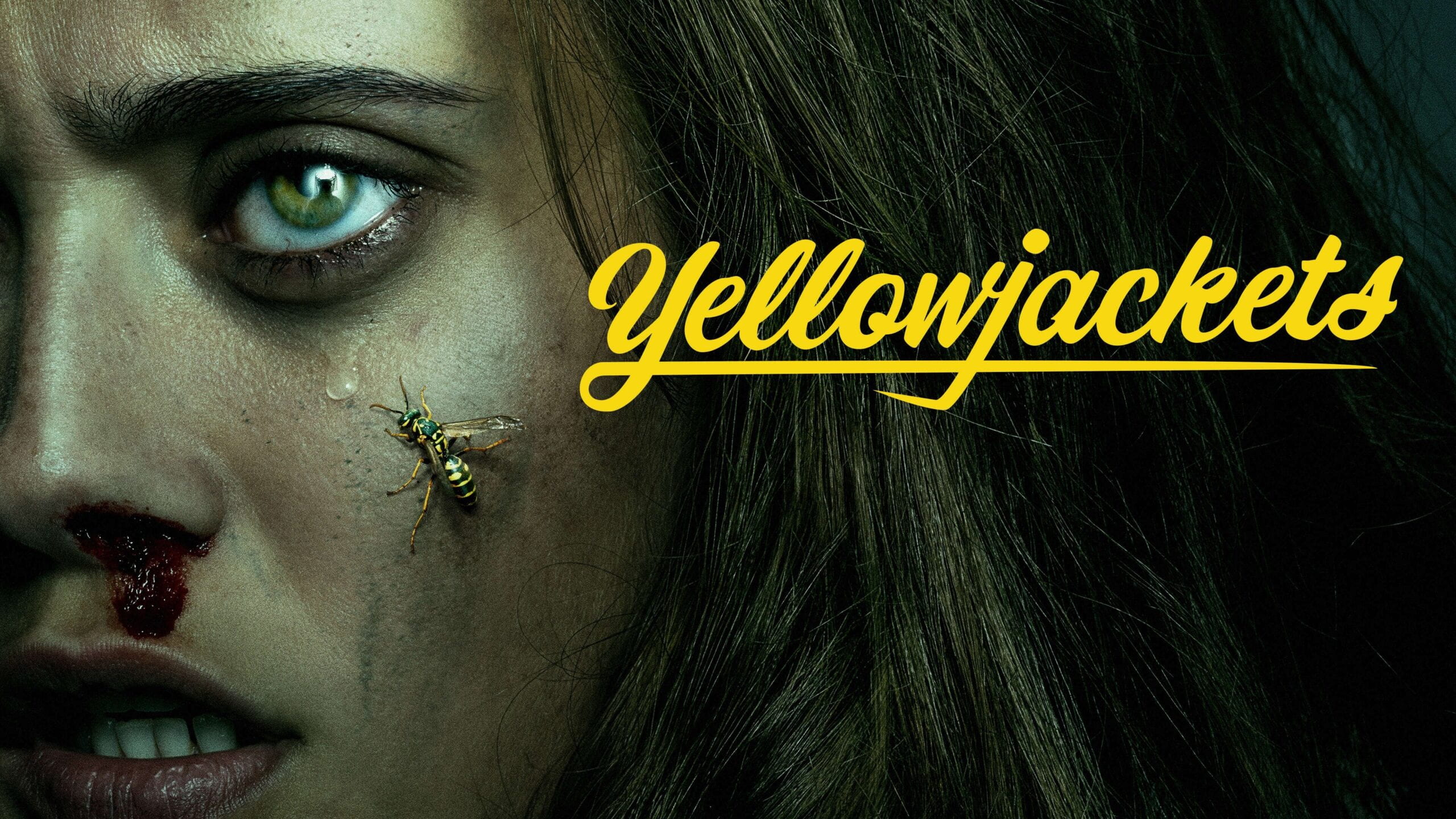It’s a Girl Eat Girl World: Yellowjackets and its Killer Female Characters
By Clara Collins
Complicated. Unhinged. Good for her. Evil. Though there’s been debate over what to call them, and how to classify them, there’s no denying audiences are enjoying horror and thriller films with morally complex female characters. Jennifer in Jennifer’s Body, Amy Dunne in Gone Girl, and Gabi in Infinity Pool are just a few characters whose ability to wreak havoc pulls viewers in.
Television, however, has less of these characters as the center of stories. In recent years, Fleabag, following the titular character as she stumbles through life, mucks up relationships, and uses brutal honesty as a crutch, has proved to be a massive hit, and shows like Harley Quinn and Sharp Objects have similarly challenging female characters. But on “prestige” television shows, female characters (particularly these so-called “complicated” characters) have often been leveled with extreme hate from viewers: think of Skylar White from Breaking Bad, or even Shiv from Succession.
Few shows have women acting evilly, much less setting these women as the main characters, allowing them to have moments of humanity that resonate with the viewer while simultaneously resisting the urge to make every woman on a screen “likable.”
But what if a show did all of that while exploring how cruel a teenage girl can be? And what if that cruelty extended not just to boyfriend stealing, name calling, or gossiping behind people’s backs, but cannibalism?
Enter Yellowjackets. Creators Ashley Lyle and Bart Nickerson conceived this Showtime thriller as an answer to the question, “What if Lord of the Flies happened to high school girls?” The result is an intense, ridiculously hard to stop watching drama.
Yellowjackets is the story of a team of high school soccer players that survives a plane crash and makes it in the wilderness for more than a year. The rigid social structures and hierarchies of high school quickly transform into something entirely new, though no less fixed, as the girls adapt to their life in the wild.
The characters—seen as both teens and adults twenty-five years later—are each ruthless in their own way. Shauna (Sophie Nélisse/Melanie Lynskey) is the insecure best friend to queen bee Jackie in school, but in adulthood is a stay-at-home mom whose cunning, fearless side begins to reappear when a reporter begins looking into the story of the crash. Taissa (Jasmin Savoy Brown/Tawny Cypress) will do anything to succeed, first as a soccer player and later as a candidate for state senate. Natalie (Sophie Thatcher/Juliette Lewis) is a fiercely independent teen who grows to struggle with addiction and guilt as an adult. And Misty (Sammi Hanratty/Christina Ricci) is the oft-bullied equipment manager who becomes a cruel, contriving nurse in a care facility.
Each of these girls, along with other teammates, find different ways to adjust to their new circumstances and survive, and seeing how this carries on to their adult lives makes Yellowjackets impossible to stop watching; you know so much about these women that each one feels real. As a viewer, your perception of characters and who you “root” for can change just as quickly as the on-screen relationships do.
The show has proven immensely popular with critics and viewers. Online, fans debate which character has the strongest morals and who is most to blame for various character deaths, but they also just theorize what the next gnarly thing to take place on screen will be, or celebrate an older version of a player appearing for the first time. Shauna’s behavior gets more and more shocking as episodes progress: she sleeps with Jackie’s boyfriend in high school and later marries him, manipulates every person close to her, threatens murder, actually commits murder (not a spoiler!), and though the whole story hasn’t been revealed yet, definitely committed cannibalism. But all of this, while enjoyed by fans, is also not definitive to her character. She’s also a mom, a great student, a fantastic athlete.
Many of the films with these complex female characters show them exploiting their femininity to get back at men, or achieve some goal. However, because Yellowjackets has so many female characters with such a wide range of perspectives, flaws, and motivations, no one character has to exemplify a woman. As we watch them in this new space, they are free to exist outside of our societal expectations, and we don’t really question it.
Yellowjackets season two premieres on March 24th, so there’s plenty of time to watch the ten episodes in season one before it starts again. But I think you’ll probably speed through the whole thing long before that—it’s that good!

Leave a Reply
You must be logged in to post a comment.